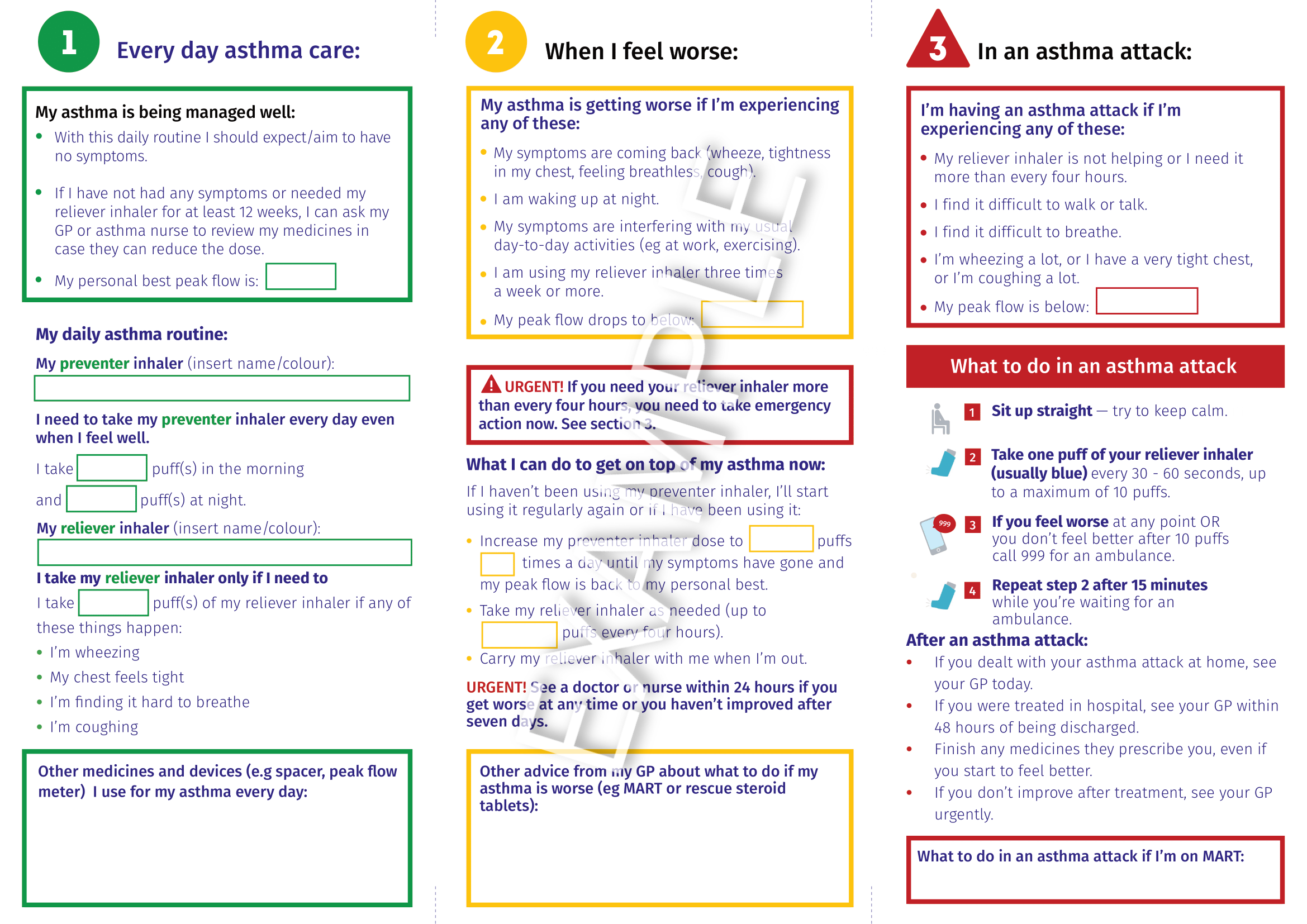Personalised Weight Information
- When you provide a valid height and weight, your BMI will be shown here.
- When you provide a valid height and weight, your ideal weight range will be shown here.
- When you provide a valid height and weight, your recomended change will be shown here.
General Principles
- You can usually lose around 1/2 a kilogram to 1 kilogram a week safely.
- Don't exceed this rate of weight loss unless advised by a doctor or nurse.
- The most effective way to adjust your weight is by modifying your diet.
- If you eat more food (take in more energy), it is likely you will gain weight.
- If you eat less food (take in less energy), it is likely you will lose weight.
Modifying your diet
- It is recommended that you eat three regular meals a day at planned times.
- You should try to avoid snacking unless you're hungry.
- Portion control is the most effective way to adjust your intake.
- Avoid second helpings and leave a rim of 1 inch around your plate.
- Eating 500 calories more a day will cause a gain of around 1/2 a kilogram per week.
- Eating 500 calories less a day will cause a loss of around 1/2 a kilogram per week.
Exercise
- Exercise has a limited role in weight loss, which surprises many people.
- Although it has a limited effect in weight loss, exercise provides many other benefits.
- It is important to stay active for at least 150 minutes / week
- It is generally agreed that you should aim to be active for 30 minutes in a row at least 5 times a week.
- If you are exercising hard enough then you should be too short of breath to sing, but have enough breath to talk.
More information
- More information can be found on your local healthcare website.
- Click on this sentence to be taken to further weight loss (diet focussed) information (in a new tab).
- Click on this sentence to be taken to some general advice on staying healthy.

